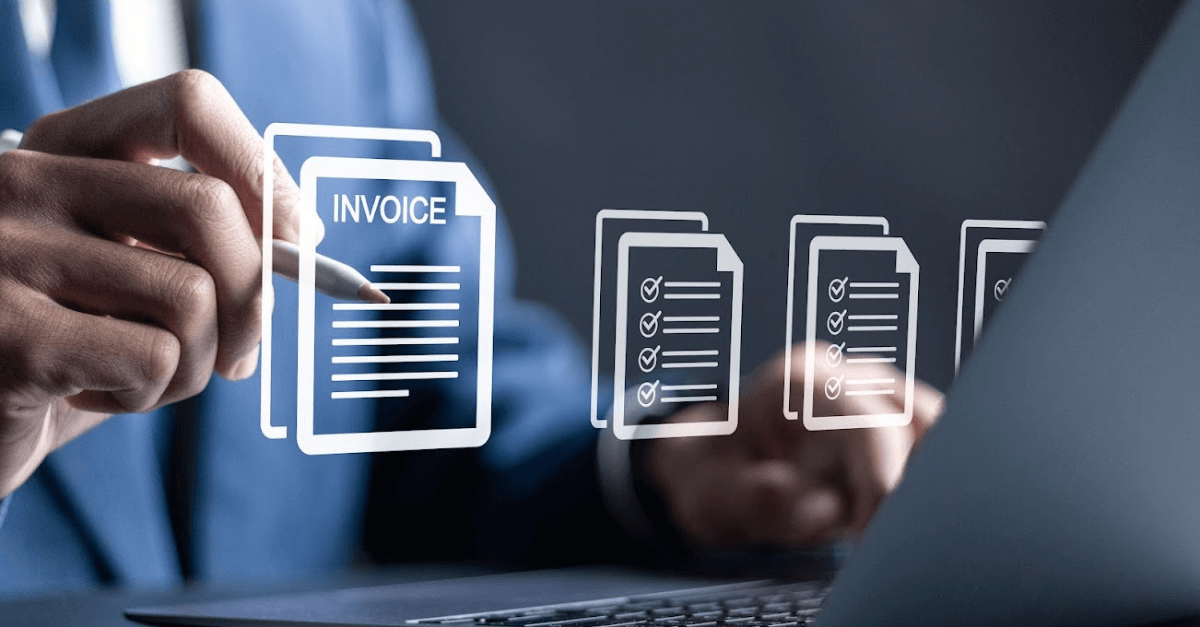Webinar: Introduction to tax compliance
Introduce yourself to the world that is global tax compliance via our recorded live webinar and write-up.

Why is tax compliance an important topic?
Governments across the world are re-evaluating their tax collection strategies as a result of post-COVID governmental debts and to fight against their country’s VAT fraud. VAT fraud which according to research has amounted to a global €500 billion. This is also well known as the VAT gap.
Based on the local situation in each country, governments are adopting different approaches to help their governmental debts.
Even in the relatively small European zone there are a range of mandatory specifications for the taxpayer. Ranging from business-to-government (B2G) invoicing mandates to real time reporting to the so-called CTC (continuous transaction control) which can be described as a government’s full control of invoice issue and delivery.
But why should businesses be aware of this topic?
If you are already an international business player you may already be aware of the complications and the variety of regulations in different countries. If you are considering expanding your business internationally, tax compliance is then a topic you should be aware of.
Tax compliance regulations and their implementations can challenge daily business activities and shift the focus of a company's core business. The non-compliance of tax regulations can lead to financial and legal consequences and can create longer, time consuming tax authority audits. Therefore it is vital to keep up to date on a country’s e-invoicing requirements.
How does tax compliance and e-invoicing relate?
A large number of governments worldwide recognise the electronic invoice as a legal document and therefore apply the local VAT regulations to the invoice. Recognised by the European Commission, an e-invoice is seen as more trustworthy than a paper invoice due to the authenticity and integrity of the invoice. E-invoice electronic signatures and seals help improve the transparency and traceability of vital VAT information even further, especially compared to a paper invoice.
E-invoicing may be a government initiative but it also creates benefits for businesses too. E-invoicing reduces the time and effort used in procure-to-pay and order-to-cash processes. E-invoices are easier to handle, archive and the automatic processes help reduce the risk of mistakes.
E-invoicing is favourable for the public sector as well. E-invoicing underpins public policy priorities such as:
- Helping to reduce public sector deficit
- Provide increased financial transparency
- Promote sustainable development initiatives
Finally, e-invoicing can act as a catalyst for future-proofed digital processes, opening up opportunities for digital transformation.
What is the role of e-invoicing around the world?
Several years ago the European Committee for Standardisation developed a European standard file format as a basis for electronic invoicing for all European member states. This is called EN (European Norm) 16931. European countries have adapted the standard file format and created local versions specific to their country’s VAT requirements. As a result there are many public platforms and country specific e-invoicing formats, which can be a challenge to keep track of.
Looking at even a handful of countries in Europe shows how unharmonised the requirements are. Mandates cover not only e-invoicing to public bodies but in some cases extend to the private sector too. A handful of European countries can include several portals/access points and several file formats. Which can be a real challenge for many businesses to understand, especially those trading internationally.
Tell us your business needs, and we’ll find the perfect solution
Get in touch

